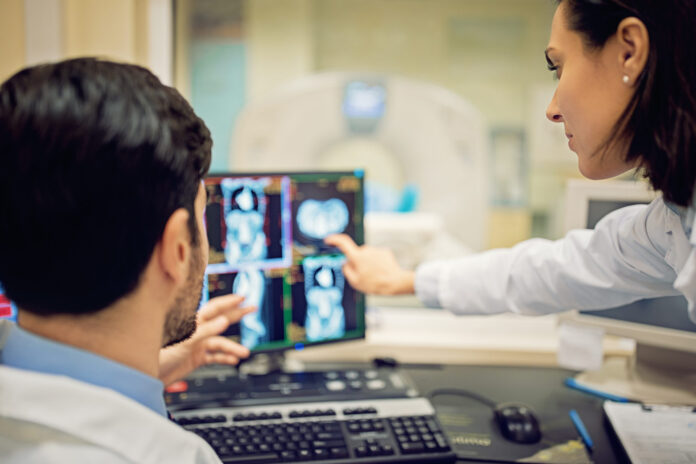
The Broad Institute of MIT and Harvard plans to develop next-generation cell line and organoid research models using samples collected from lung cancer patients undergoing a surgical resection or a drainage for pleural effusion—and who consent to the collection through Pattern.org, under a partnership of the two organizations and LUNGevity Foundation announced today.
Pattern.org, an initiative of the Rare Cancer Research Foundation, will coordinate the biologistics of sample collection and delivery to The Broad’s Cancer Cell Line Project for development of the research models.
The models are designed to enable researchers to better understand the vast genetic diversity among lung cancers, and ultimately speed the development of new diagnostics and therapies, according to LUNGevity Foundation, a leading lung cancer organization helping provide lifesaving, translational research, support services, and education for patients and caregivers
All created models and associated data will be shared broadly with the scientific community, the partners said.
“A major goal for lung cancer research is to predict the vulnerabilities of each tumor based on its molecular profile,” says Jesse Boehm, PhD, Scientific Director of the Cancer Dependency Map at the Broad Institute. “Unfortunately, researchers lack a sufficient number and diversity of lung cancer laboratory models in the public domain that harbor rare and drug-resistant mutations. We see this partnership as an exciting new way for patients to directly help researchers overcome this central challenge.”
LUNGevity Foundation said the partnership with Pattern.org and the Broad Institute will strengthen its commitment to drive translational research to increase treatment options for patients.
“A key barrier for researchers is the lack of cell line models to study how the cancer behaves and how it responds to different drugs,” stated Upal Basu Roy, MPH, PhD, Senior Director of Research for LUNGevity Foundation. “LUNGevity is excited to offer lung cancer patients a platform to provide lung cancer researchers with the tissue they need to learn about the disease. LUNGevity believes that patient-driven research will significantly accelerate progress for lung cancer patients.”
Pattern.org said it is working with leading patient advocacy groups and cancer research foundations in their continued efforts to support research institutions and universities, with the goal of engaging as many patient communities as possible.
Patients who have an upcoming surgery or drain at any institution in the continental US are invited to visit Pattern.org to learn more about how to donate their samples.
“By empowering lung cancer patients to direct their excess tissue to high-impact research projects, we hope to understand why some patients are resistant to existing therapies and identify new therapeutic strategies,” added David Sandak, co-founder of Pattern.org.













